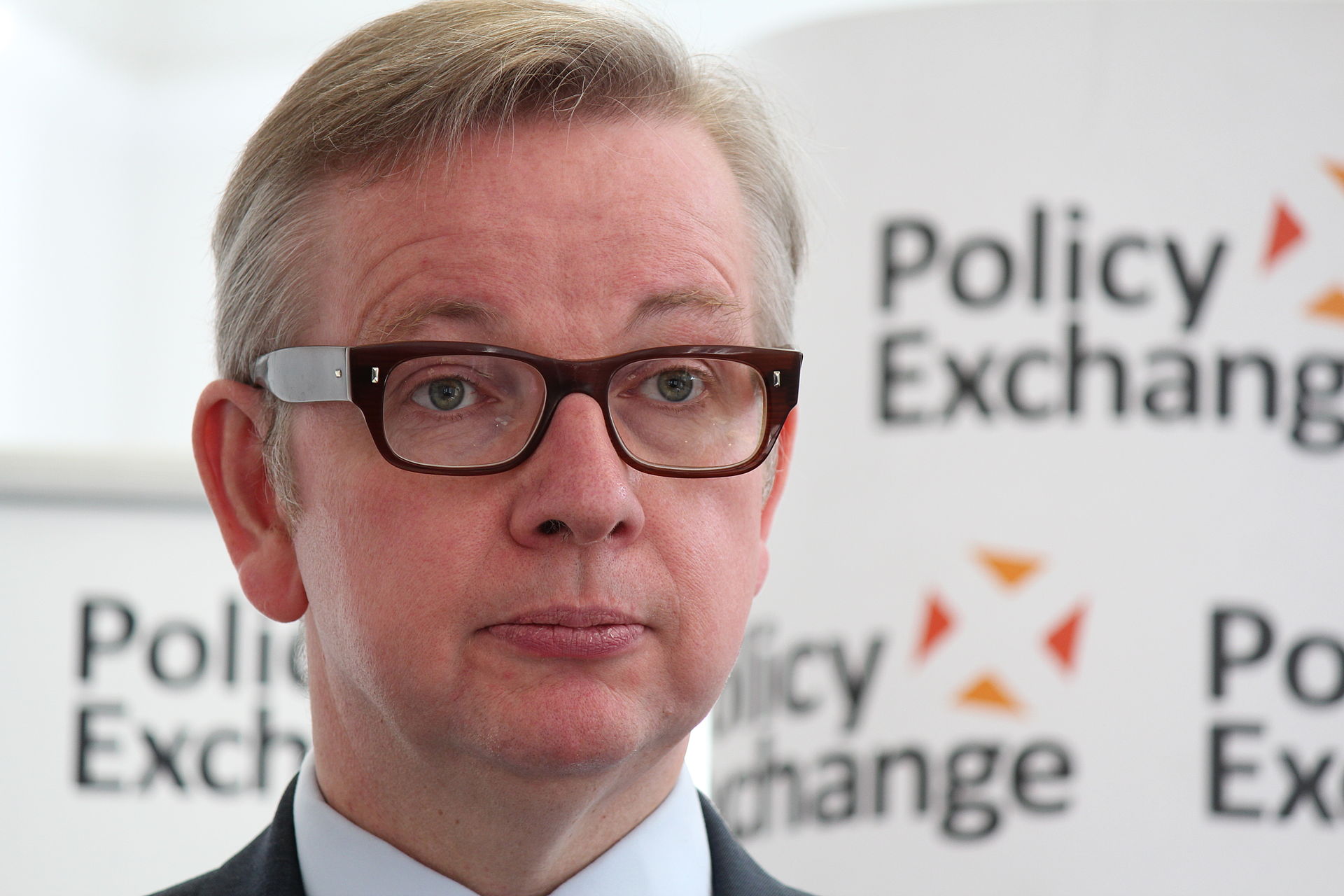George Osborne warned that leaving the EU would be catastrophic for people’s jobs, incomes and livelihoods.
Osborne said in an interview with Robert Peston that a ‘Brexit’ would have both short and long-term consequences for the British economy.
“Today we are getting to the heart of the matter. We have had the Leave campaign admit this morning that Britain would leave the single market – that is the largest free trade area in the world – that would be catastrophic for people’s jobs, incomes and livelihoods.

“Now some people might think wrecking the economy is a price worth paying. I absolutely reject that… There is a long-term cost, equivalent to £4,300 to families if we leave. If we leave the single market, our analysis says we will be worse off than that.”
Osborne added that a Brexit would cause a shock to the UK’s housing market.
“It’s already clear from the Treasury analysis that for example, there would a significant shock to the housing market, that would hit the value of people’s homes, that would hit the cost of mortgages.”
“We’re doing the work on it now but the emerging Treasury analysis backs up what you are hearing from major banks like Virgin Money that the value of people’s homes will be affected and people trying to get on the housing market would be hit because mortgage costs would go up.”
He added: “I’m pretty clear that there would be a significant hit to the value of people’s homes and to the cost of mortgages, that is one example of the kind of economic impact that we get from leaving the EU.”
However, Justice Secretary Michael Gove, a leading Leave campaigner, said in an interview on Monday that the UK could have the best of both worlds by leaving the EU.
If the UK leaves the EU then the country would not be bound by EU regulation and free movement rules, however, Gove said that this does not mean that the economy would cease to have access to the EU’s market of 500 million and trade would not immediately halt.
“If you negotiate a trade agreement with a country with which you currently have tariffs, then you need to negotiate which tariffs will remain and which will be reduced,” he said.

“If you don’t have tariffs then both sides can agree there is no need to erect them. Germany carmakers are not going to want to have tariffs erected when they sell many more cars to us than we sell to them.”
He added: “It is win-win for them at the moment. It should be win-win for us and it will be if we vote to leave and we can maintain free trade, stop sending money and also have control of our borders.”
“I think it would be very difficult for any German finance minister to say to BMW I am afraid you are going to have to lay off workers because I want to punish the British for being democratic by erecting trade barriers…that won’t happen.”

